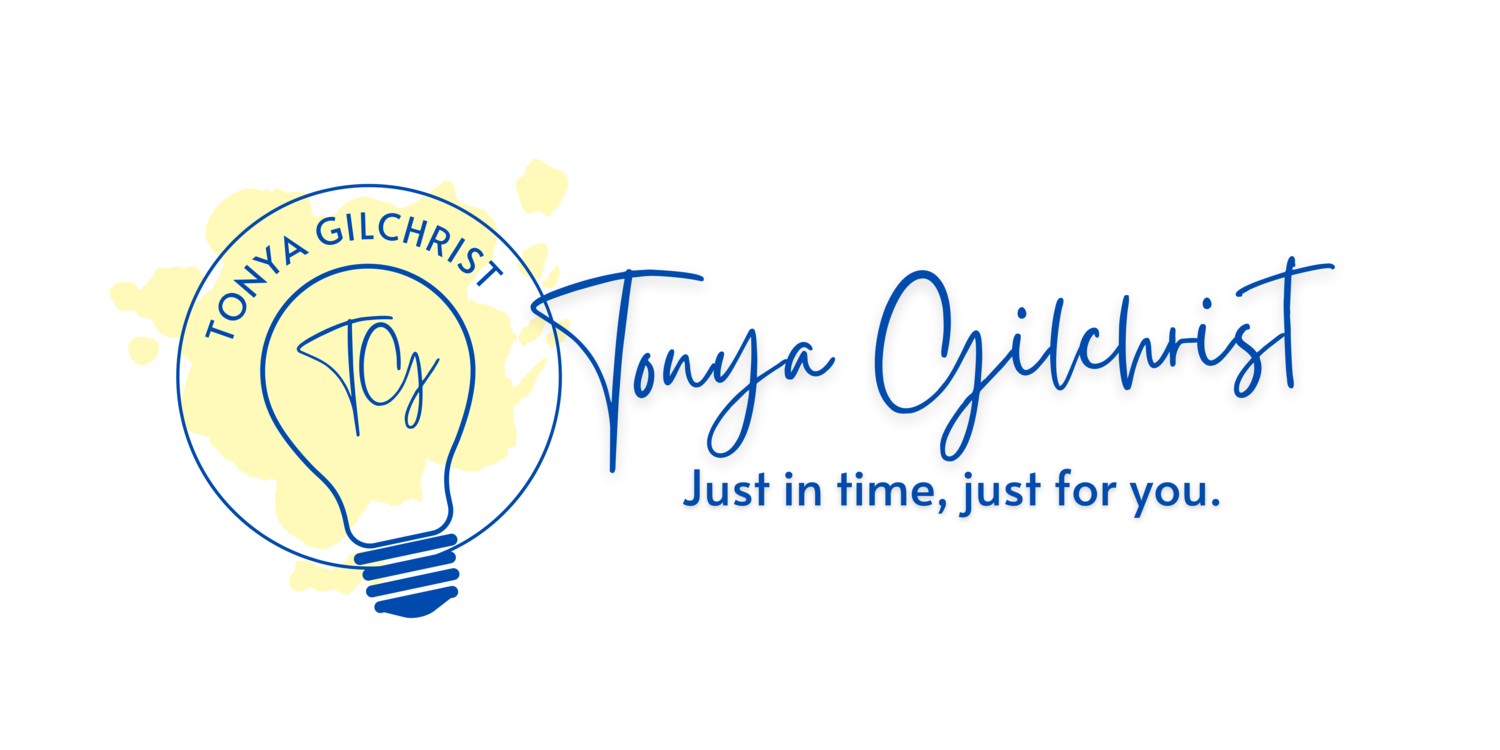Inquiry is Not a Fill-in-the-Blank Pursuit
I often receive questions from educators around the world, and I am so grateful. Questions lead to thinking and, often, collaboration. There are few things I enjoy more than talking literacy, inquiry, and all things learning. (You can see what I mean by listening to the podcasts I've had the pleasure to be a part of.)
This morning, I received some very thoughtful and timely questions from a wonderful international educator.
I’m writing to you because I wanted to ask you about your perspective on a topic of discussion at my school: the inquiry cycle. As the “inquiry coach,” I have been asked by the principal to make sure the teachers in the PYP understand how the inquiry cycle works. Personally, I used [a particular version] for several years but moved away from it since I found it restricting to be using a set cycle and that it made the inquiry process lack in authenticity. Many of the learning engagements fell into more that one component...and I didn’t really see the value in discussing with the learners which stage of inquiry we were in at each given moment.
Depending on the nature of the UOI [Unit of Inquiry], I spent some time experimenting with different inquiry cycles as well as design cycles. Recently, I have stopped using inquiry cycles per se but have been going through the motions of inquiry as they naturally take place. Some of the teachers at my school believe that all teachers should use the same inquiry cycle for all units so that students will learn to use one over the years.
So my questions to you are the following:
As PYP teachers, is it necessary that we use an inquiry cycle? If so, would you recommend that the whole primary school (plus Early Years) stick to the same cycle? Would you recommend that each teacher uses the same inquiry cycle throughout the year?
I love these questions. They spark thoughts around relevance, autonomy, and authenticity.
My short answer is: No, I would not.
Of course, there is much more nuance to it than that.
Words Matter
You will notice that throughout the ePYP (the Enhanced PYP) From Principles into Practice, inquiry is referred to as a process rather than a cycle. There can be many or few steps in an inquiry process, and they can vary greatly—in what they are, in what order they occur, in how or if they overlap, etc.
Inquiries take different paths depending on the starting points, interests and experiences of students and teachers. This means that teaching through inquiry is inherently open and can take many directions based on student and teacher reflections.
PYP Learning and Teaching, 2018, p. 45
The ePYP also refers to inquiry as an interplay.
Represented as the interplay between asking (inquiry), thinking (reflection) and doing (action), this constructivist inquiry process leads towards open classrooms where different views and perspectives are valued. This process is the basis of the design and implementation of learning and teaching in all IB programmes.
PYP Learning and Teaching, 2018, p. 40
To date, this is my favorite word used to describe inquiry. Interplay brings all of the connotations with it (and the denotation as well) that encapsulate the spirit of inquiry. After all, it includes the word play inside it. Play and a curious mindset are key to inquiry—at all ages. When we are curious, when we look through an "I wonder..." lens, the world opens.
There is No Prescribed Recipe
The ePYP recognizes the same concerns my colleague noted through her questions. In too many places around the world, inquiry has been misunderstood as a linear, lockstep march through inquiry, action, and reflection.
But that's not how inquiry works.
Inquiry is gloriously unique in every classroom and with each learner. Inquiry, reflection, and action—asking, thinking, doing—still tend to pop up again and again, of course, but there is an interplay, and often overlap, in their order and flow—and it's different with each inquiry you embark upon. Note the distinctions made in an excerpt from the ePYP chart below.
PYP Learning and Teaching, 2018, p. 41
What's Best for Kids?
As I've said before, the kids are our North Star. Everything we do must come back to asking: Is this what's best for kids?
Jeff Anderson is an educational consultant who has been inspiring others to embrace the power and joy of the writing process for almost thirty years. He recently said, "Writing is not a fill-in-the-blank pursuit."
The same holds true for inquiry.
For all learning.
Fill-in-the-blank, template inquiry will only lead to fill-in-the-blank, template thinking. And that is most definitely not what we want for our kids. Our kids deserve opportunities to use and grow their critical and creative thinking skills. They deserve open-minded learning environments where thoughtful risk-taking is appreciated and process is valued over product.
They deserve true inquiry. And that is not a fill-in-the-blank pursuit.


